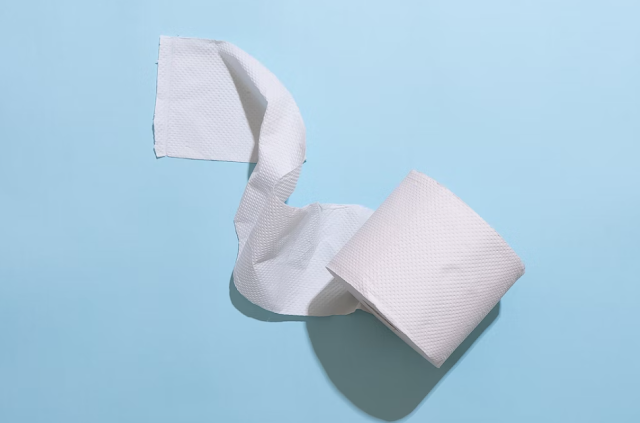Urinary incontinence (UI) is a common condition affecting millions worldwide. It is characterized by the loss of bladder control, causing the sufferer to involuntarily leak urine.
There are several different types of UI and the causes vary depending on the type. Let’s take a look at some of the most common causes of urinary incontinence.
The most common cause of UI is weak bladder muscles, which can be caused by aging, childbirth, or prostate surgery in men. The weakening of these muscles can lead to unintentional leakage when coughing, sneezing, laughing, exercising, or lifting something heavy.
Weak Bladder Muscles
The most common cause of UI is weak bladder muscles, which can be caused by aging, childbirth, or prostate surgery in men. The weakening of these muscles can lead to unintentional leakage when coughing, sneezing, laughing, exercising, or lifting something heavy.
In some cases, strengthening these muscles with targeted exercises can help manage UI symptoms and reduce accidental leakage.
Certain neurological conditions such as multiple sclerosis (MS) or Parkinson’s disease can also cause urinary incontinence. This type of UI is a result of nerve damage that disrupts communication between the brain and bladder muscles.
Neurological Conditions
Certain neurological conditions such as multiple sclerosis (MS) or Parkinson’s disease can also cause urinary incontinence. This type of UI is a result of nerve damage that disrupts communication between the brain and bladder muscles.
Treatment for neurological-related UI typically involves medications to relax the bladder muscles and reduce involuntary spasms as well as physical therapy to strengthen weakened pelvic floor muscles.
Bladder stones are hard deposits that form in the bladder and can cause irritation in the lining of the organ. If left untreated, these stones can increase pressure on the bladder wall leading to an overactive bladder which causes frequent urination as well as unintentional leakage due to an inability to control urination impulses.
Bladder Stones
Bladder stones are hard deposits that form in the bladder and can cause irritation in the lining of the organ. If left untreated, these stones can increase pressure on the bladder wall leading to an overactive bladder which causes frequent urination as well as unintentional leakage due to an inability to control urination impulses.
Surgery may be required to remove large stones from the bladder while smaller stones may dissolve on their own with appropriate treatment.
Urinary tract infections (UTIs) are caused by bacteria entering into any part of your urinary tract system including your kidneys, ureters, bladder, or urethra.
Urinary Tract Infections (UTIs)
Urinary tract infections (UTIs) are caused by bacteria entering into any part of your urinary tract system including your kidneys, ureters, bladder, or urethra.
This infection can lead to inflammation and irritation in your urinary tract which can weaken or damage muscle fibers resulting in loss of control over urination impulses leading to accidental urine leakage.
Treatment usually involves antibiotics and home remedies such as drinking plenty of fluids and using heat pads/warm baths for relief from pain and discomfort associated with UTIs.
Urinary incontinence is a common condition that affects millions worldwide but it doesn't have to define you! Knowing what causes it is key in managing symptoms so that you don't have to live with this condition forever!
Urinary incontinence is a common condition that affects millions worldwide but it doesn't have to define you! Knowing what causes it is key in managing symptoms so that you don't have to live with this condition forever!
There are various treatments available depending on what's causing your UI, including lifestyle changes like drinking plenty of water or Kegel exercises for strengthening weakened pelvic floor muscles.
However, if your symptoms persist after trying these methods then it's best to consult your doctor for further advice on how best to manage your condition effectively! Thanks for reading!


